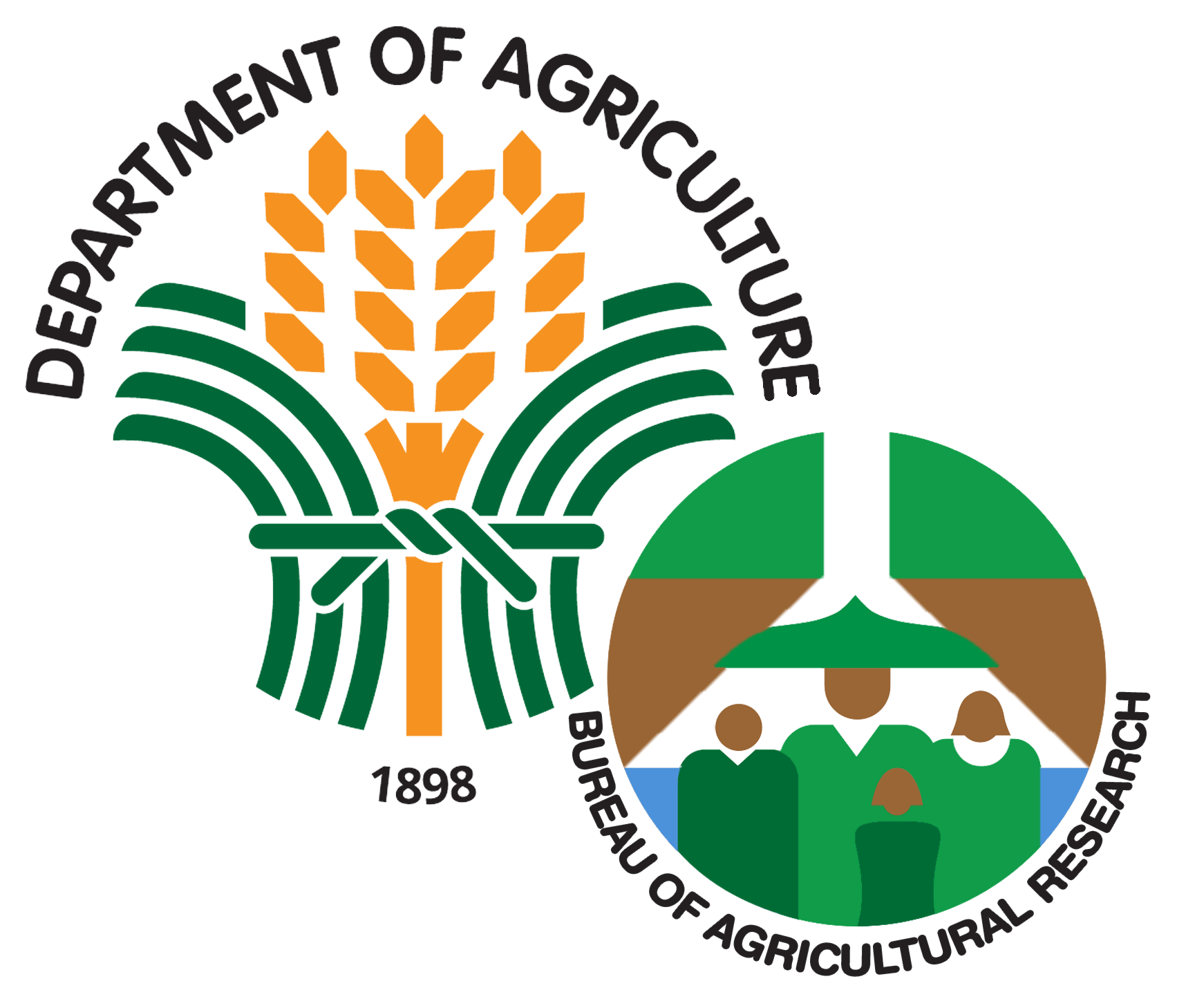The DA-Bureau of Agricultural Research (BAR) has long recognized the need to address gender roles and biases to eradicate inequality and achieve an inclusive agriculture and fisheries community. It is vital that we recognize that women play important roles as producers, suppliers, providers of complementary services, distributors, and consumers according to the Asian Development Bank.
In the past decade, efforts were made to educate and capacitate the bureau’s staff on appropriate gender mainstreaming practices in agriculture and fisheries research for development (R4D). Likewise, numerous women-led programs, projects, and activities (PPAs) were supported by the bureau and implemented by partner R4D agencies, which have been attributed to the empowerment of women in the sector.
In the project development cycle (from proposal packaging and review to monitoring and evaluation), it is important to take into account the nature and extent of the involvement of women — their contributions, access to physical and financial resources, technical assistance received, involvement in decision-making processes, and management of production activities. Development of entrepreneurship and self-employment in agriculture and rural areas are also crucial for the improvement of the employment situation of women.
Several DA-BAR supported projects revealed what women partners gained from their participation in the implementation of these PPAs. These include the increased access to technical assistance; skill-building efforts related to product development; access and control over processing equipment and laboratory facilities, as well as farm tools (production) provided through the project; and management skills such as bookkeeping and preparation of financial statements.
Women partners shared their thoughts on the implementation strategies which they think will benefit them more as well as the project. Among the strategies that can be considered in program or project planning are incorporation of a marketing plan to include market testing to assess consumer acceptability, appropriate packaging and labeling, product pricing and market promotion as these can be done by women in cooperatives or associations; provision of hands-on training and continuous technical advice and guidance in production and processing; provision of assistance for newly formed associations to have legal identity to run an enterprise; and access to financing, eg. some women especially those engaged in fisheries funded project encountered difficulty in accessing start-up capital which was identified as a constraint to the establishment of fish processing business enterprises.
Women’s access to project resources and services improved economic status which then brought about empowerment. Some success factors observed during project implementation are good leadership and dedication of the association leaders involved in the projects; active participation of women members in project activities. Women who were indirect beneficiaries acquired knowledge and skills on improved practices through sharing of information from their husbands.
These activities were made possible through the provided technical expertise of the project leader to the women farmer-partners and research team who regularly monitor the project and close collaboration between the project team and other partners in the conduct of training.
Gender and development initiatives in project implementation will not be sustainable if not strongly supported by the local government. The municipal agriculturist and agricultural technicians who assisted on monitoring the project and continuously provided technical support to women farmer-partners even after the project implementation is vital.
As for the impact of the project on the social empowerment of women, the study found that the self-esteem, self-confidence and personal growth of the majority of the women partners improved; additional technical knowledge that they learned from the trainings enabled them to confidently share or impart their knowledge to other people in their community or to other members of the association.
There were, likewise, lessons learned and drawn from the implementation of these projects which will be useful in crafting a research framework for integrating GAD in future agriculture and fisheries research proposals.


